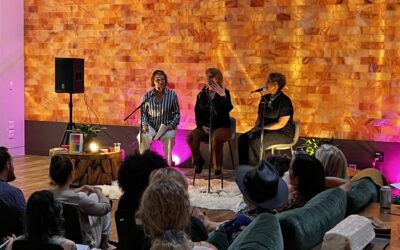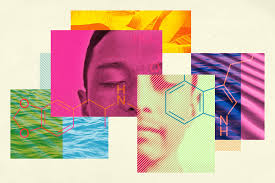Podcast: Play in new window | Download (Duration: 1:00:17 — 82.8MB)
Subscribe: Apple Podcasts | Spotify | Amazon Music
Co-host Dr. Ann Kelley interviews Dr. Kristen Neff, an Associate Professor at the University of Texas at Austin and a foremost author and expert in Self Compassion.
Self compassion is fierce accountability that is core to psychological health… who knew? Most of us think of it as being soft on yourself, but our guest will reveal the surprising power and science of self-compassion in this episode.
Self Esteem vs Self Compassion
This is not feel-good, la-la, therapy-talk; it’s real science. Learn the important distinction between these two concepts and how one can lead to psychological instability, self-criticism, stress, competition and difficulty within ourselves, our relationships and our culture. You really want to get this right and may be surprised! Treating yourself as your own best friend.
Misperceptions of Self Compassion
- It’s NOT a free pass, or being easy on yourself.
- It can be “fierce” and “protective” and “motivating.”
Science shows that the warmth and support of self-compassion promotes health and increases the chances of success in accomplishing goals, whereas negative self talk and kicking one’s own butt doesn’t work because it creates a system of threat and self-sabotage.
Steps to Self Compassion
Dr. Neff outlines the three elements of self-compassion:
- Mindfulness vs. Over identification:The first step is to be mindfully aware of ourselves and our emotions, but from a place of non-judgement.
- Common Humanity vs Isolation: The second step is to recognize the common humanity in our feelings and behaviors rather than seeing ourselves as the “best” or the “worst.” Recognizing that pain is a normal part of human existence, as is suffering and personal inadequacy.
- Self-kindness vs. Self-Judgment: Being kind to oneself rather than self-condemning, is at the core
Self Compassion as an antidote to shame, the underpinning of narcissism
Dr. Neff discusses research which highlights the increase in narcissism in our current culture. She highlights our culture’s tendency to be competitive and to place individual value as contingent on how we compare to those around us. This leaves us extremely vulnerability to the development of narcissism and other psychological difficulties. We discuss the importance of teaching this concept to our children and to maintaining an active, loving presence with oneself in order to build self-value without a need to downgrade or succeed over others.
Our political climate
Dr. Neff speaks frankly about her perceptions of the current political climate. She sees self and other compassion as essential to help our country deal with the discord and disharmony around us.
RESOURCES:
Additional resources for this episode:
- Kristen Neff: Self Compassion Step by Step, The Proven Power of Being Kind to Yourself (Audio CD)
- Brene Brown: The Gifts of Imperfection
- Karen Bluth, forward by Kristin Neff: The Self-Compassion Workbook for Teens
- Jean M Twenge and W. Keith Campbell: The Narcissism Epidemic Living in the Age of Entitlement
- Kristen Neff: (visit this it has tons of great resources including free mp3’s)
- Self Compassion Test
- Brene Brown “courageously present” rather than “mindfulness”
- Horse BoyFoundation in Elgin, TX
- The House Boy movie













